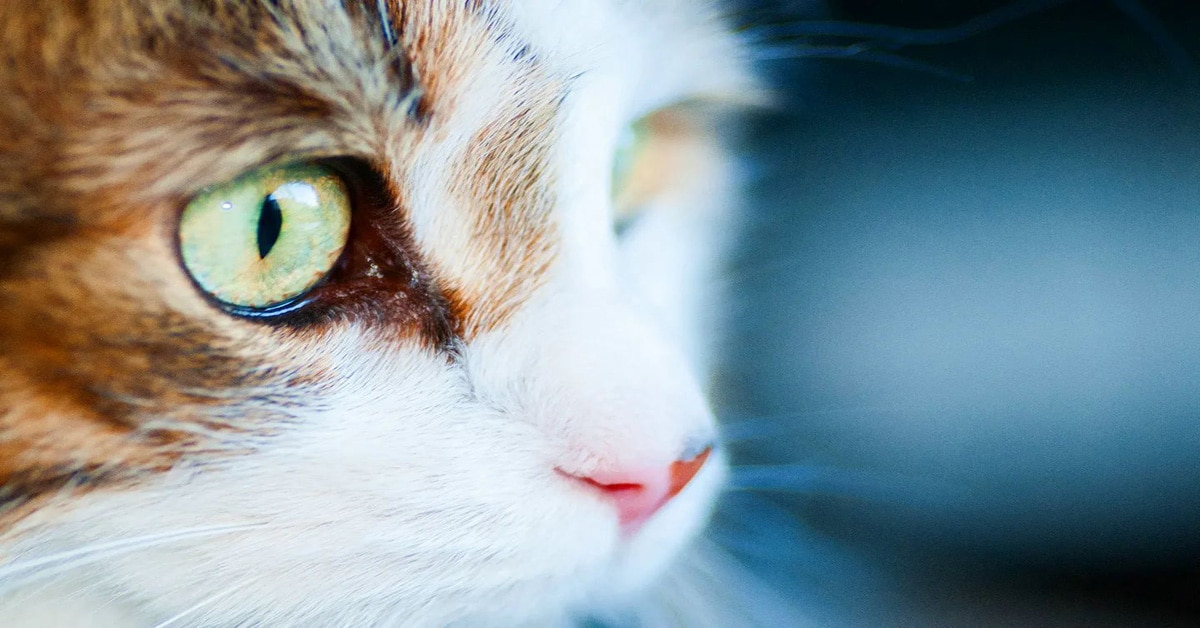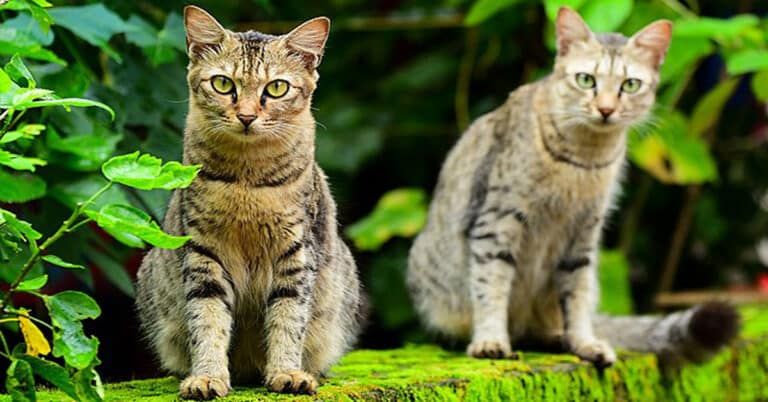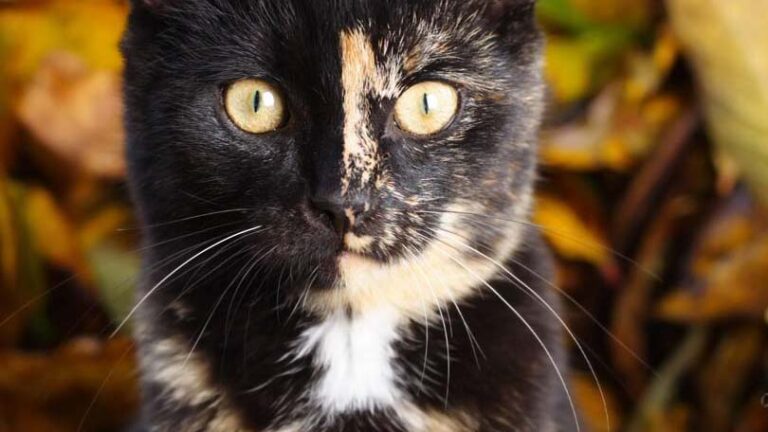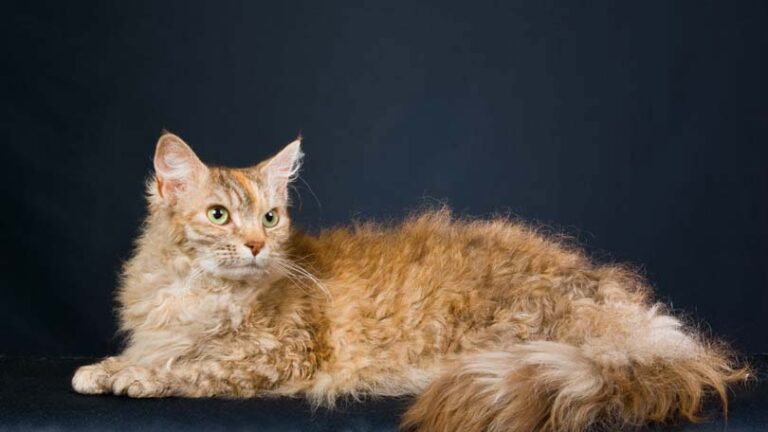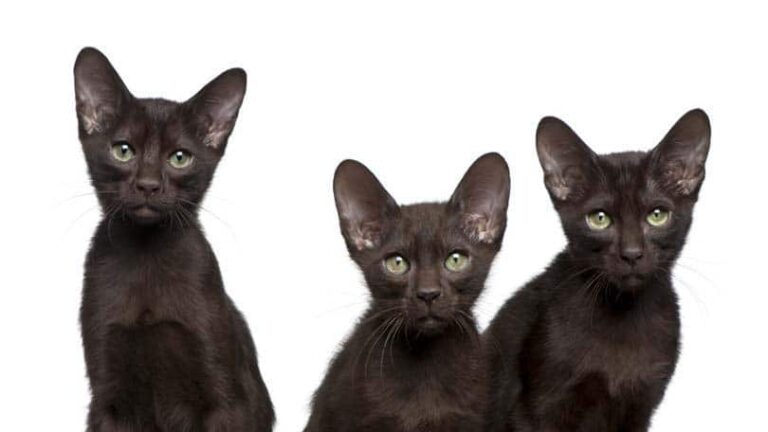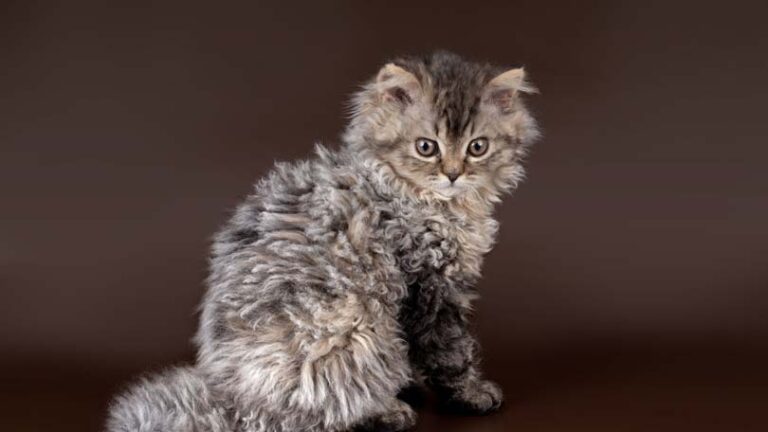What Colors Cats Like? Unique Shades Of Feline Perception
It is generally acknowledged that cats observe and experience the world significantly differently from humans. But have you ever wondered what colors cats like? If so, you might be surprised to learn that cats’ eyes aren’t the same as ours. Specifically, they cannot perceive a wide spectrum of shades, and they don’t experience pigment as vividly as we do.
Although more research is required before we can draw any firm conclusions regarding a cat’s capacity for color awareness, what we have discovered so far is incredible and might even change the way we perceive our feline friends.
So, keep reading to learn more, as a wonderland of amazing discoveries awaits you!
What Colors Cats Like?
If you have a feline friend, you must be wondering what colors cats like. If that is the case, you would be glad to know that, according to popular belief, cats prefer the soft hues of blue, yellow, green, and purple. More specifically, cats are drawn to objects in blue and green since these shades are the easiest for them to distinguish. When offered a selection of items in different colorations, your cat will be attracted instinctively to the blue toys. The same holds true for blue pillows, clothing, and blankets.
As metallic hues reflect light and are quite simple for cats to identify, your cat will pay attention if you combine anything blue with something sparkling.
You need to provide your cat with a variety of alternatives to determine which one appeals the most because some cats may favor one hue over another among all these colors. For your kitty’s comfort, you might add pastel paints, furnishings, or decorations to your house to make it more appealing.
Scientists claim that every color has a measurable vibrational frequency. Cool hues, especially blue, are said to have a relaxing impact on cats because these delicate vibrations influence the body in various ways and may even be employed to encourage healing and meditation.
Are you still curious about what colors cats like? We hope to accomplish this by providing you with the comprehensive information below.
5 Distinctive Features Beyond Cats Vision
Although we already know what colors cats like, there are a few considerations you should keep in mind about how your cat perceives the environment. Therefore, for our complete comprehension, we have gathered 5 scientific revelations about distinctive characteristics beyond cats’ vision.
1. Range of Vision
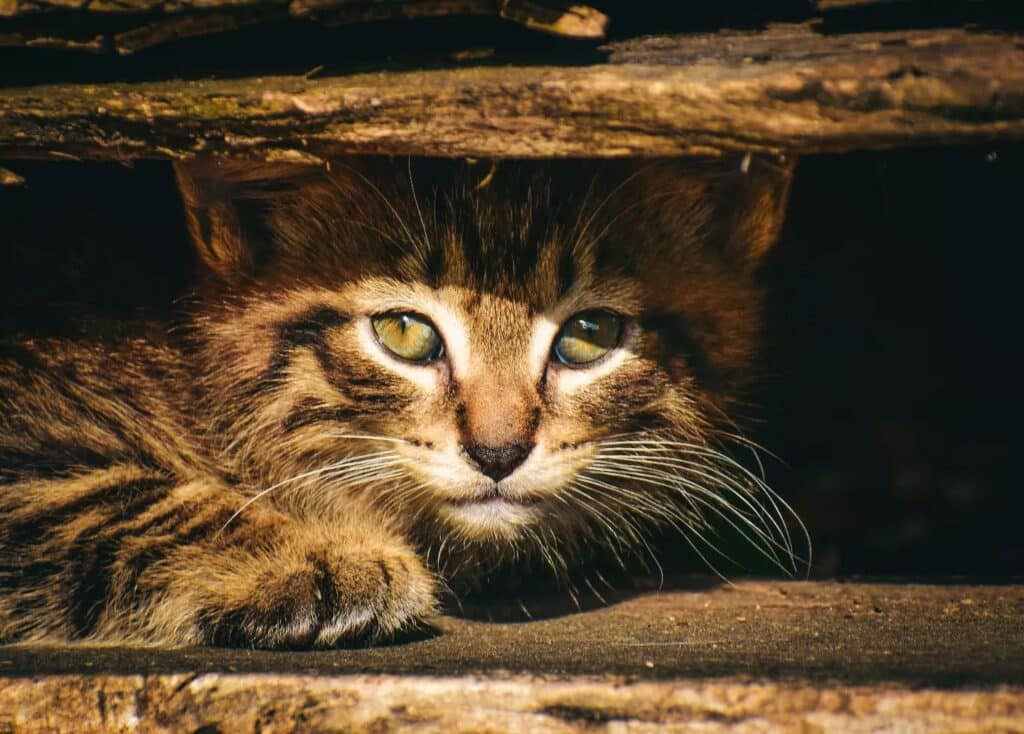
Cats are unable to change the form of their eyes due to a lack of eye-shape-changing muscles, which makes it difficult for them to focus on nearby objects. Because of this, if you position a toy directly in front of your cat’s nose, it won’t be able to perceive it properly and will instead rely on its strong senses to identify it.
Nevertheless, they also aren’t equipped with very good distance vision. Their excellent middle vision is quite limited in scope. Cats just need to be 6 meters away from an object to see it concisely, compared to our optimal viewing distance of between 30 and 60 meters.
2. Perceptual Blur
To comprehensively identify what colors cats like, we have to note that, as opposed to humans, cats also struggle to distinguish sharp edges between objects. Although they are far more proficient in distinguishing between light and shadow. A cat would probably perceive something as imprecise and confusing if it were very angular, like a busy avenue with many buildings compressed next to one another.
A cat, on the other hand, would have a far easier time navigating a yard with indirect light and little animals moving within the grass than a human would. The fact that cats are such skilled hunters is just one of the numerous explanations behind this.
3. Peripheral Vision
Compared to humans, cats have a far better perception of their surroundings. This is due to the placement of a cat’s eyes on his head. In contrast to humans, who have a 180-degree angle of vision, cats enjoy a 200-degree range of perception.
In addition, unlike humans, who experience a little decline in peripheral vision and a reduction in attention as it moves away from the line of sight, cats can concentrate on slight movements even beyond the edge of their eyesight.
4. Motion Sensitivity
Cats are excellent hunters simply because their eyes are incredibly sensitive to movement. They can easily discover and pounce on objects that move quickly thanks to their ability to sense their movement at very high speeds. Cats can detect even the smallest variations in shadow motion and may detect extremely light activity. They can hunt their prey in a wide range of environments thanks to this capacity.
Due to variations in the retinal cones, the cat’s tapetum, which absorbs light in the eye, is significantly larger than the dog’s, which makes cats more sensitive to contrast and brightness levels. Since a cat’s eye muscles are far more adept at rapid eye movement than those of a dog, they can identify small objects like mice and birds more effectively.
5. Night Vision
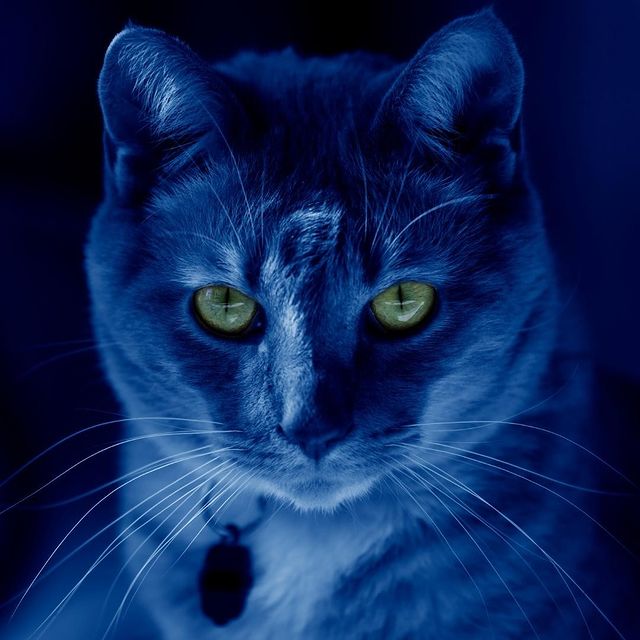
Compared to humans, cats don’t require nearly as much light for proper vision. The common consensus is that a cat requires around 1/6th as much light as a human does to see in the dark. This implies that your cat has considerably better night vision than you.
In low-light conditions, cats’ eyes are completely widened and seem very dark, allowing the eyeballs to efficiently absorb the maximum amount of light from their surroundings. Cats’ eyes glow in the dark because of how that light is transmitted to the retina through reflecting tissue.
What Colors Do Cats Dislike?
We are delighted to satisfy your curiosity about what colors cats like, however, it might also be beneficial to know which colors your cat dislikes!
There is no scientific evidence that felines have a particular color preference, which may be related to the limited range of colors they can perceive. Nevertheless, according to common conception, some cats may find the white color irritating.
Cats’ exceptional night vision allows more light to reach their retina, which is great for nighttime hunting but makes white appear quite frightening to them. Therefore, if your cat reacts negatively when the veterinarian approaches it wearing a white lab coat, don’t be surprised. Because of this, veterinary clinics and animal shelters typically don’t paint their interior walls white.
You might not have considered it before, but now that you know what colors cats like the next time you visit a store for a gift or basic supplies for your feline friend, you will be aware of which color your cat will neglect and which one they will genuinely appreciate.
Are Cats Colorblind?
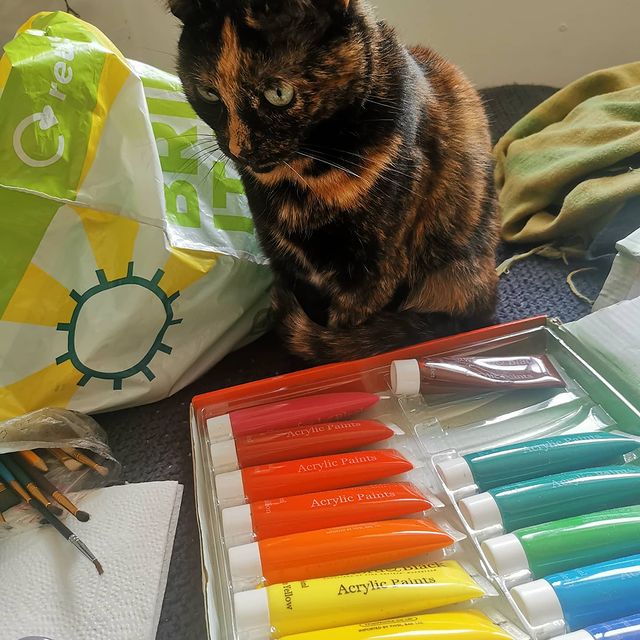
To comprehensively understand the deeper aspects of what colors cats like, we need to learn about the presence of specific color-sensitive cells known as “cones,” which affect one’s capacity to distinguish between different hues.
Human and feline eyes both include 3 distinct kinds of cones that are capable of identifying compounds of red, blue, and green. Humans, however, are more sensitive to shading modifications than cats, since they have 10 times as many cones as felines do.
One of the most significant factors in determining what colors cats like is their ability to distinguish blue-violet and greenish-yellow hues. This kind of color blindness makes it impossible for cats to recognize the differences between the colors red, brown, orange, and purple.
We might look at the formation of purple to comprehend the issue with color perception. Red and blue are combined in equal quantities to make purple, and because cats are unable to perceive red, their eyes will only focus on the blue portion. Due to a similar principle, a cat would perceive yellow as more greenish when they viewed it. However, since red doesn’t include any blue or green, cats will mistake it for gray.
Do cats see ultraviolet light?
To sophisticatedly accomplish our mission and precisely determine what colors cats like, we need to gain information about how felines perceive ultraviolet light.
Red to violet is in the visible light spectrum that humans perceive, although ultraviolet and infrared wavelengths can be found beyond that. This may help to explain what colors cats like and why they are so fascinated by ordinary things like a single piece of paper. Because cats are so sensitive to UV radiation, materials like paper and fabrics that have chemicals added to them may appear different in the eyes of these delicate creatures.
The electromagnetic spectrum, which ranges from radio waves to x-rays, includes visible light as one of its many components. What we refer to as visible light is the brief range of wavelengths between 400 and 750 nm. Ultraviolet waves are those with a wavelength of less than 400 nm. These wavelengths are not visible to humans because our lenses absorb them.
An increasing collection of research suggests that cats are capable of seeing into the ultraviolet spectrum given that they have lenses that let some UV light through. Most ultraviolet light is blocked by the lens that covers our eyes; therefore, we are completely blind to that spectrum of light.
Even in 2014, researchers at City University in London discovered that cats can perceive ultraviolet light that humans cannot. They revealed that 58.9% of the UV light accesses the cat’s eye and enters its retina.
Final Thoughts
It is less complicated to delight your cat with something more enticing when you understand what colors cats like and how your feline perceives the world. Therefore, now that you understand quite a bit more about what colors cats like, you can better comprehend felines as a whole.
The next time you go shopping for your feline friend, keep in mind the colors to stay away from as well as the ones cats can perceive and admire. To make things even more exciting, don’t forget to experiment with discovering your cat’s preferences. In this process, you both will delight in exploring new colors and ways to embrace life!

Nato is a content writer and researcher with a background in psychology who’s eager to explore the wonders of nature. As a travel enthusiast and animal lover, she hopes to inspire others to discover and cherish the beauty and importance of the natural world.

